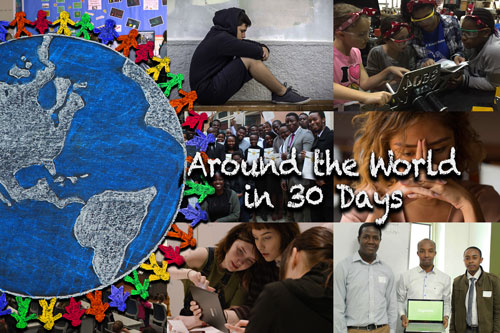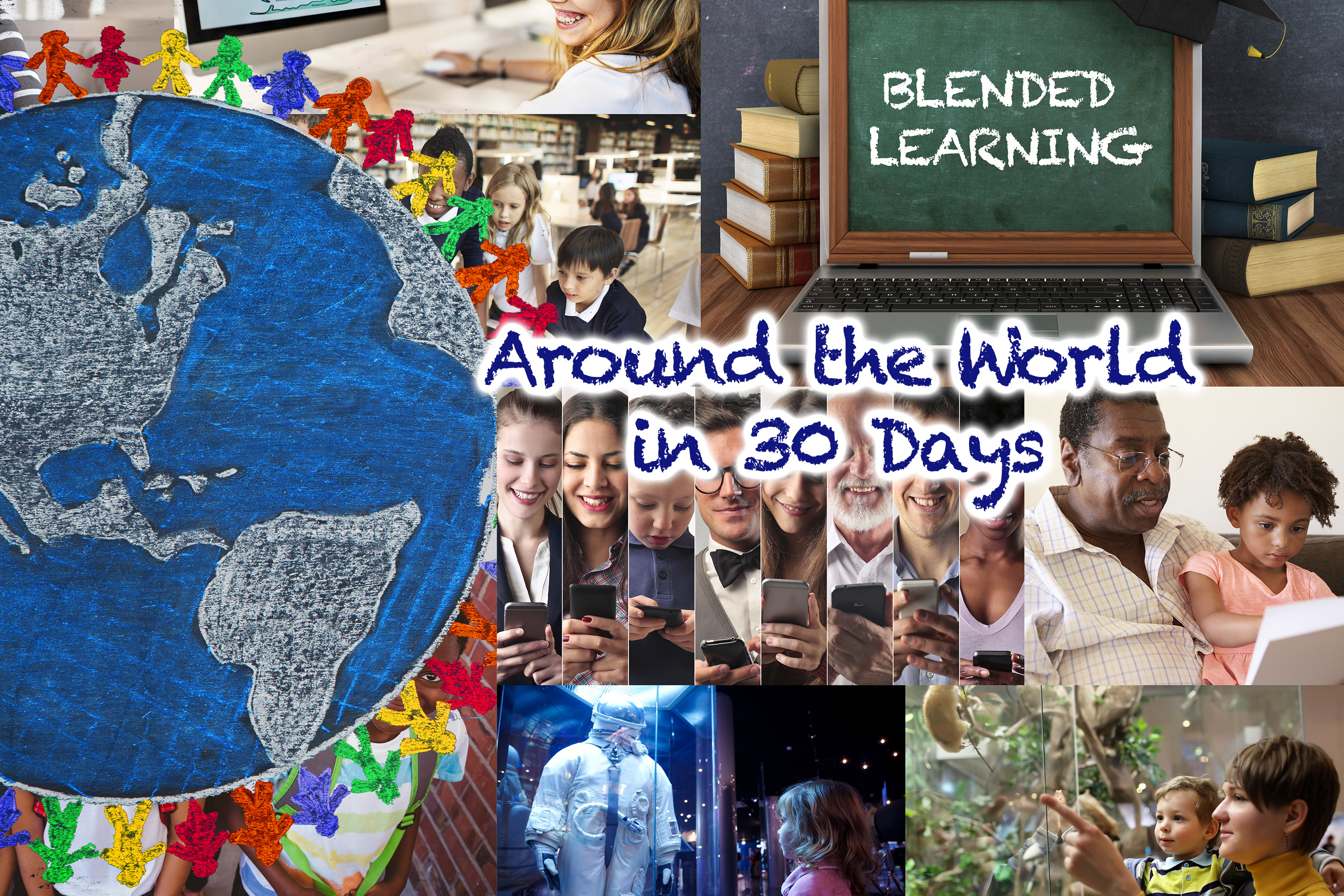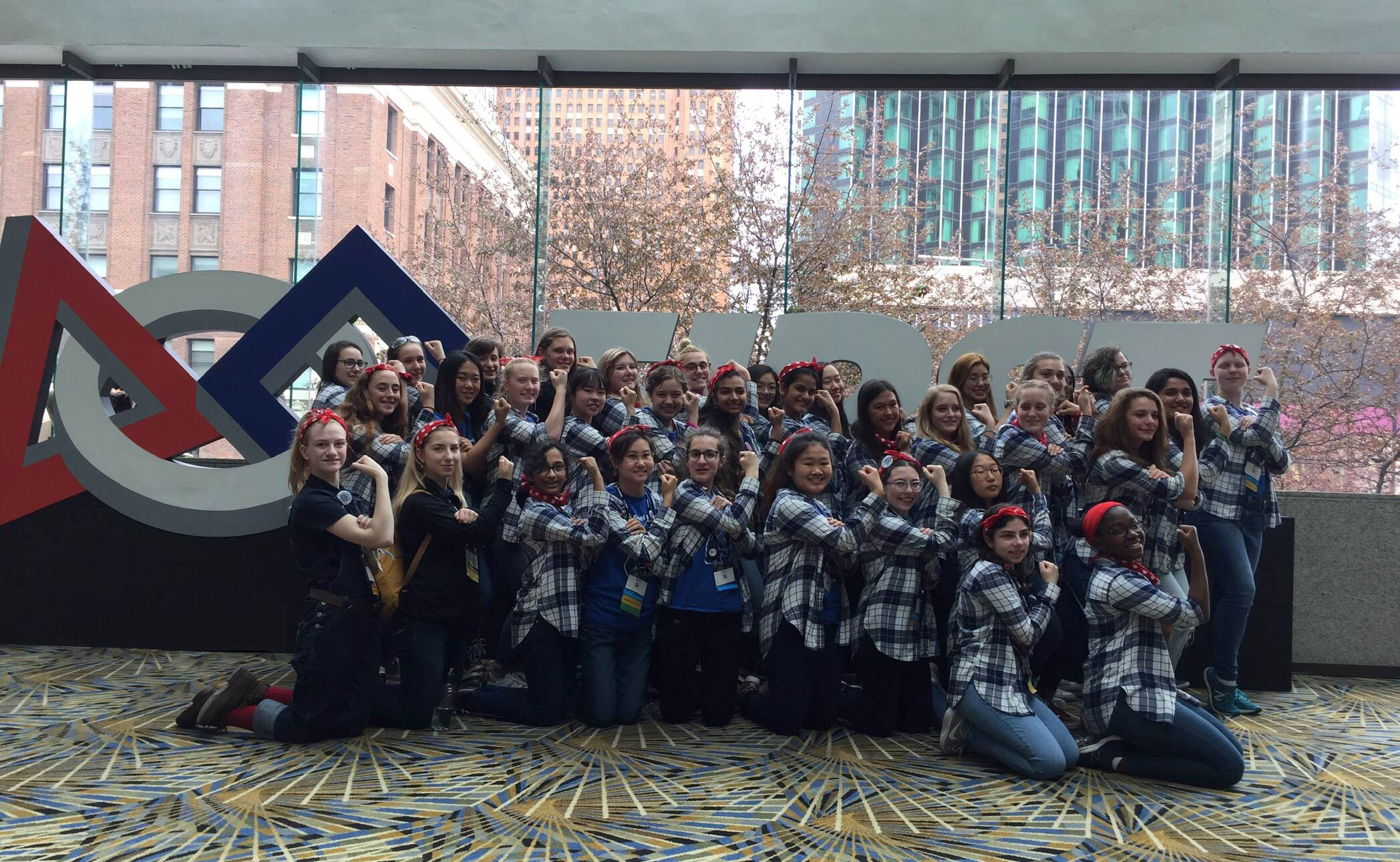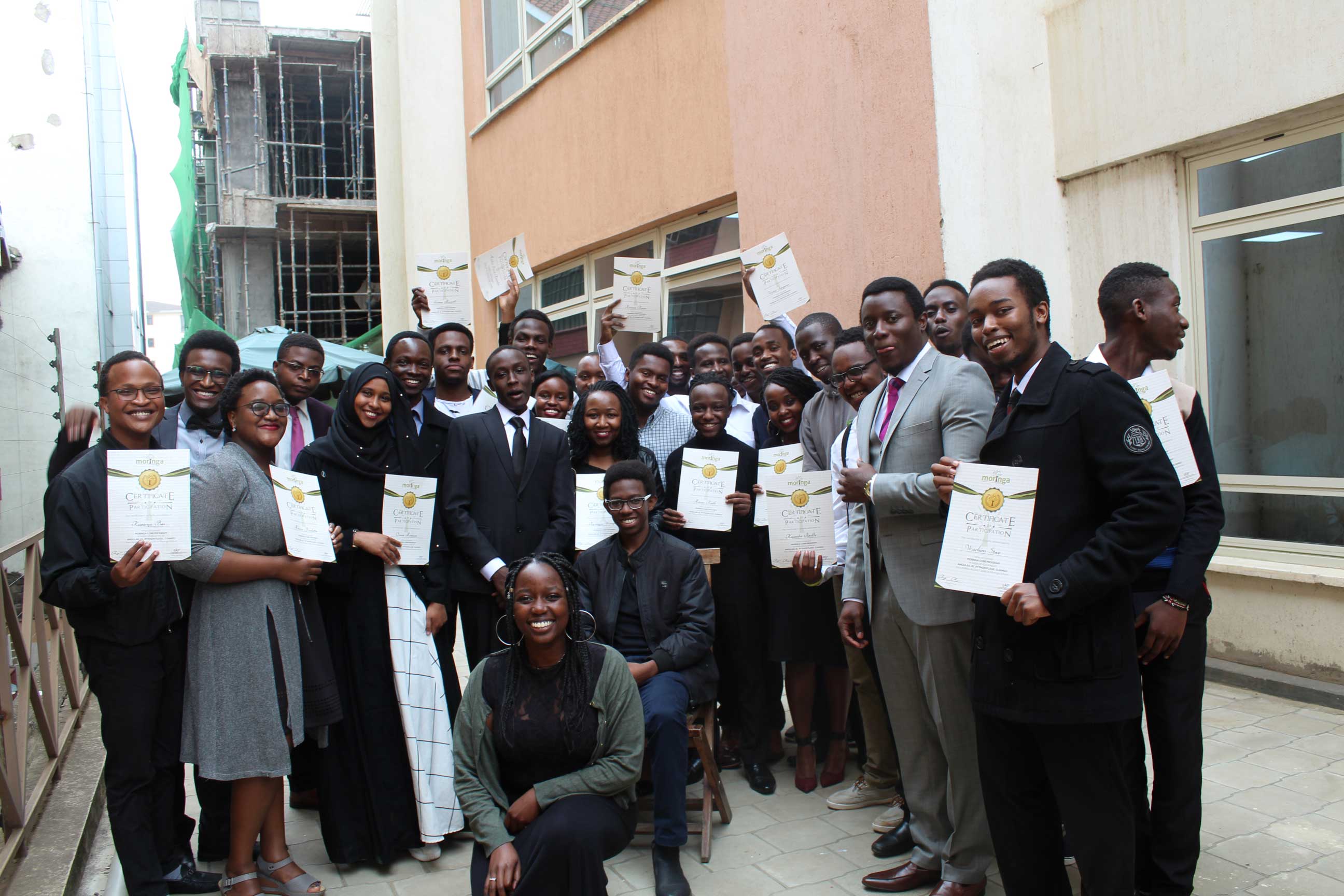
C.M. Rubin’s Global Education Report
75 to 95% of youth in the juvenile justice system have experienced trauma. Research indicates that the majority of youth suffering from trauma perform poorly in our education system and indeed, many drop-out. “Trauma has been proven to have chronic long-term psychological repercussions including depression, anxiety, and substance abuse disorders,” says Ashley Edwards, the co-founder and CEO of MindRight, an organization that seeks to tackle this epidemic with a tech-supported, human-driven mental health coaching model. While MindRight will treat anyone, it pro-actively targets youth of color as its primary market. The Global Search for Education welcomed Ashley Edwards to find out more.
We also spoke to STEM educator Theresa Richards from the Girls of Steel Robotics Program at Carnegie Mellon University’s (CMU) Field Robotics Center. Prior to joining the program, Richards was a science teacher in Pittsburgh where she created an award-winning lesson integrating robotics into a Human Anatomy and Physiology course. The problem her organization is trying to solve is the demand for more people in STEM, and in particular, women. A December 2018 report in Pittsburgh shows there are 80,000 STEM jobs currently available. “We believe that building robots builds confidence in STEM,” says Richards. 100% of students who responded to CMU’s 2018 confidence survey after joining the high school program reported feeling more confident in their STEM skills, and 87% of those who completed the end-of-year survey have said that they plan to major in a STEM field. Additionally 80% of Alums since 2011 are either majoring, have majored in, or are working in a STEM Field.
The Global Search for Education also welcomed Audrey Cheng, the co-founder and CEO of Moringa School this month. Cheng was working for a venture capital firm investing in local tech funds in Kenya when she observed a significant skills gap between jobs available to young people and talent qualified to fill them. Youth unemployment and the lack of employable youth remains one of the biggest challenges facing the African continent. “In 2019, only 13% of secondary school graduates in Kenya received a spot in university (Kenya National Examinations Council), and on average, it takes 5 years for a university graduate to find a full-time job in Kenya,” says Cheng. Cheng researched the problem extensively and came up with the concept of “a bootcamp accelerator program.” The Moringa School was born.
According to more and more studies, one of the biggest strengths of augmented reality (AR) and virtual reality (VR) is their ability to give students real world immersive experiences that could make learning both more memorable and more meaningful. But can virtual reality improve a dyslexic child’s reading experience?
Lyfta was founded in 2016 by award-winning filmmaker couple Serdar Ferit and Paulina Tervo. It is a subscription based digital learning platform which enables learners to explore the world through immersive experiences and personal stories. Computers, films and VR headsets allow students to immerse themselves in other cultures while learning about them, all through an interactive game style platform. Story themes covered include gender equality, global citizenship, democracy and sustainability.
Lyfta is currently used in over 350 schools in the UK, Finland and the United States, providing students with opportunities to explore new places around the world and meet the inspiring human beings who live there. The organization has also been studying the benefits of their technology for students with dyslexia who find it difficult to read out loud. The Global Search for Education welcomed Lyfta’s Serdar Ferit and Katri Meriläinen, (Head of Education).
Thank you to our 800 plus global contributors, teachers, entrepreneurs, researchers, business leaders, students and thought leaders from every domain for sharing your perspectives on the future of learning with The Global Search for Education each month.
C. M. Rubin (Cathy) is the Founder of CMRubinWorld, an online publishing company focused on the future of global learning and the co-founder of Planet Classroom. She is the author of three best-selling books and two widely read online series. Rubin received 3 Upton Sinclair Awards for “The Global Search for Education”. The series which advocates for Youth was launched in 2010 and brings together distinguished thought leaders from around the world to explore the key education issues faced by nations.
Follow C. M. Rubin on Twitter: www.twitter.com/@cmrubinworld





Recent Comments